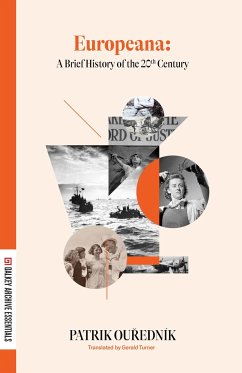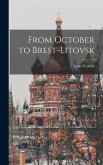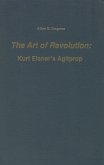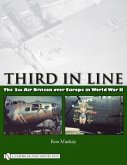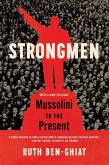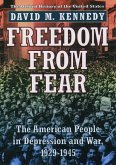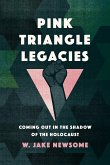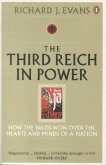Tracing the Great War through the Millennium Bug, 1999 through 1900, Dadaism throughScientology through Sierra Leonean bicycle riding and back, award-winning Czech author PatrikOurednik explores the horror and absurdity of the twentieth century in an explosivedeconstruction of historical memory.
Europeana: A Brief History of the Twentieth Century opens on the beaches of Normandy in1944, comparing the heights of different forces' soldiers and considering how tall, long, or goodat fertilizing fields the men's bodies will be. Probing the depths of humanity and inhumanity,this is an account of history as it has never been told: "engaging, even frightening." At oncerecreating and uncreating the twentieth century, Ourednik explores the connections across thedecades between the disparate figures, events, and politics we thought we knew.
Patrik Ourednik's Europeana merits the author's reputation as a giant of post-1989 Czechliterature. Now translated into 33 languages, the bookis a masterwork of cubism, apolymorphic monologue of statistics and movements and fine print and discoveries that evokesthe deadpan absurdity of Kafka and the gallows humor of Hasek. Ourednik has created amesmerizing, maddening account of the past, and his interrogation of "truth" and objectivityresonates now more than ever.
Europeana: A Brief History of the Twentieth Century opens on the beaches of Normandy in1944, comparing the heights of different forces' soldiers and considering how tall, long, or goodat fertilizing fields the men's bodies will be. Probing the depths of humanity and inhumanity,this is an account of history as it has never been told: "engaging, even frightening." At oncerecreating and uncreating the twentieth century, Ourednik explores the connections across thedecades between the disparate figures, events, and politics we thought we knew.
Patrik Ourednik's Europeana merits the author's reputation as a giant of post-1989 Czechliterature. Now translated into 33 languages, the bookis a masterwork of cubism, apolymorphic monologue of statistics and movements and fine print and discoveries that evokesthe deadpan absurdity of Kafka and the gallows humor of Hasek. Ourednik has created amesmerizing, maddening account of the past, and his interrogation of "truth" and objectivityresonates now more than ever.

